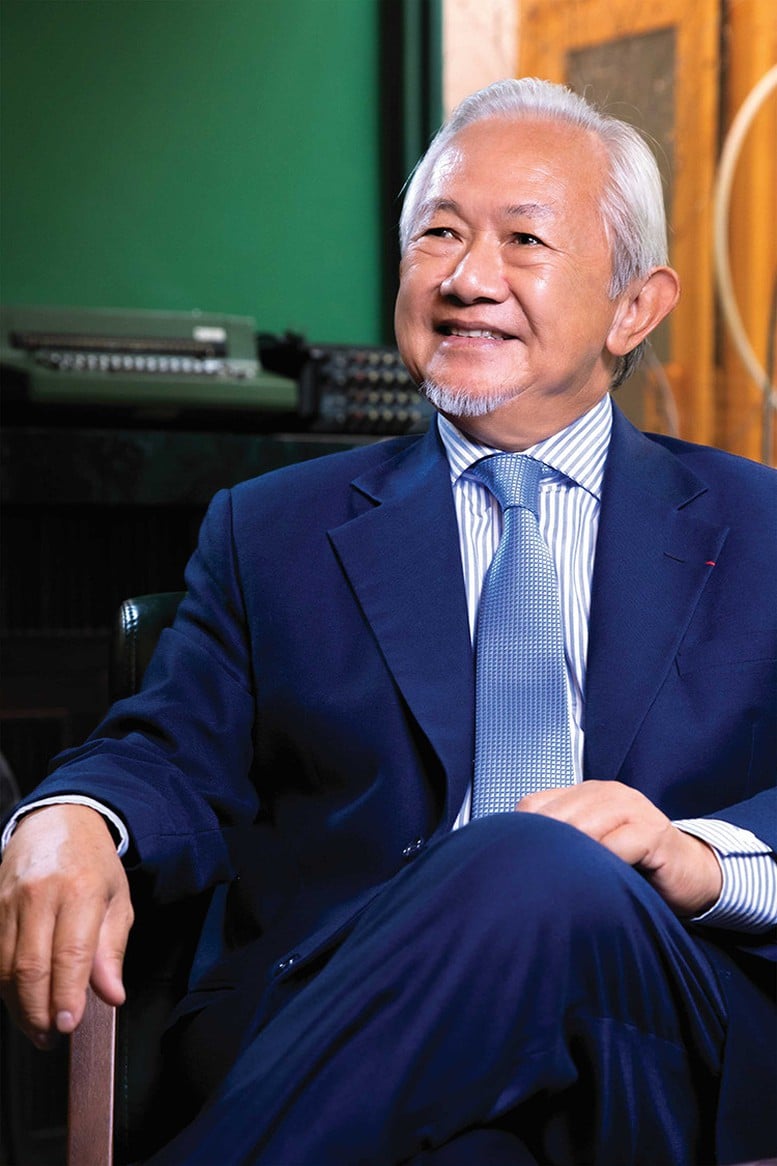
As a child living far away from home, Professor Phan Van Truong had many opportunities to return to Ho Chi Minh City and witness the dramatic changes in Ho Chi Minh City after 50 years of liberation.
Professor Phan Van Truong , a Vietnamese expatriate in France, is a senior expert in the field of international negotiations and an advisor to the French Government on international trade.
As a child living far away from home, Professor Phan Van Truong had many opportunities to return to Ho Chi Minh City and witness the dramatic changes in Ho Chi Minh City after 50 years of liberation.
"From a city that suffered many losses after the war, this place has risen to become the leading economic , financial and technological center of the country," said Mr. Phan Van Truong.
According to Professor Phan Van Truong, over the past half century, Ho Chi Minh City has undergone significant changes. The transport infrastructure system has been expanded with expressways, overpasses, tunnels and especially the metro system has been put into operation, helping to significantly reduce traffic pressure. New urban areas, skyscrapers such as Landmark 81, or modern commercial centers have contributed to creating a new look for the City.
Ho Chi Minh City's economy has also grown remarkably, making an important contribution to the country's GDP. The City's High-Tech Park attracts a large number of domestic and foreign enterprises. In particular, the digital economy and startups are developing strongly, making Ho Chi Minh City the "Silicon Valley" of Vietnam.
In addition, people's lives have been significantly improved. The quality of healthcare,education , and public services is increasingly modern. The city is also constantly expanding green spaces with parks and ecological areas to improve the living environment.
However, Professor Phan Van Truong also acknowledged that despite its remarkable development, Ho Chi Minh City still faces many worrying problems. Traffic is still a difficult problem when traffic jams often occur during rush hours. High traffic density and prolonged congestion on many main roads affect labor productivity and people's quality of life. Although the public transport system has improved, it has not yet met the needs of millions of people.
Environmental pollution is also an alarming issue. The increase in personal vehicles, construction works and industrial zones has caused increasingly high levels of air, water and noise pollution. Lack of synchronous planning has also affected drainage capacity, causing serious flooding during the rainy season. Rapid development without proper planning has caused urban infrastructure overload.
In addition, the gap between rich and poor among the population is still quite large. While some central areas are developing strongly with high-rise buildings and modern facilities, in many other places, especially in the suburbs, the lives of a part of the population are still difficult, lacking in infrastructure, education and health care.
To help Ho Chi Minh City continue to develop sustainably and become a livable city, Professor Phan Van Truong proposed 4 points.
Firstly, it is necessary to promote technology and the digital economy. According to him, the government needs to continue supporting startups and attracting investment in high technology so that Ho Chi Minh City can compete with the world's leading technology centers.
Second, proper urban planning, specifically the development of satellite urban areas to disperse population and reduce pressure on the inner city. At the same time, it is necessary to ensure that construction goes hand in hand with an effective drainage system to avoid flooding.
Third, improve public transport; quickly complete the metro system, increase green bus routes and electric cars.
Fourth, strengthen environmental protection. The city needs to have strict emission control policies, develop ecological urban areas, promote renewable energy and raise public awareness of environmental protection.
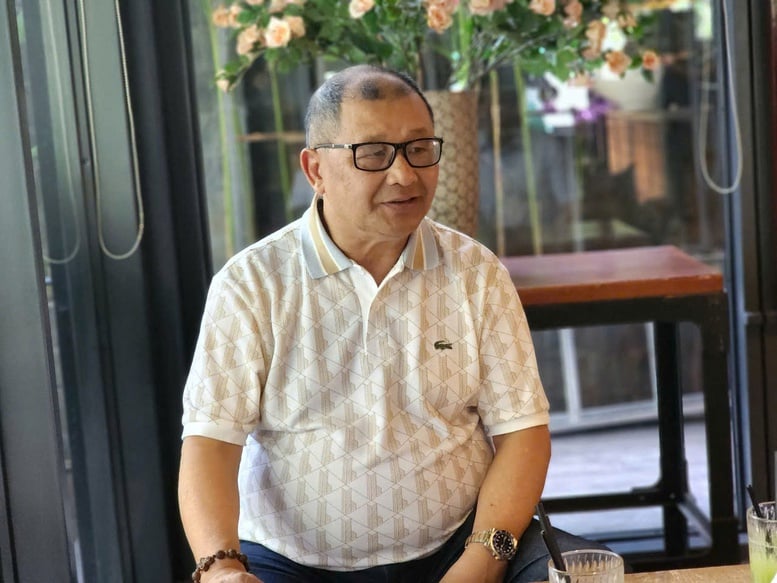
Dr. Tran Ba Phuc, Vietnamese Australian, President of the Vietnamese Business Association in Australia, Vice President of the Overseas Vietnamese Business Association, said that each year, overseas Vietnamese send home 16-18 billion USD, of which the Australian overseas Vietnamese community contributes about 15-17% of total global remittances.
Overseas Vietnamese want to reform the investment environment
Dr. Tran Ba Phuc , Vietnamese Australian, President of the Vietnamese Business Association in Australia, Vice President of the Overseas Vietnamese Business Association, emphasized that each year, overseas Vietnamese send home 16-18 billion USD, of which the Australian overseas Vietnamese community contributes about 15-17% of the total global remittances. This figure is not only a strong flow that helps strengthen the national financial system but also the driving force and breath of development in Ho Chi Minh City - where the overseas Vietnamese community is the most populous.
According to Mr. Tran Ba Phuc, Ho Chi Minh City always focuses on the contribution of the overseas Vietnamese community, especially in developing the city's key industries. Every year, the city organizes the Homeland Spring program, which is not only an opportunity for overseas Vietnamese to meet, but also an opportunity for them to contribute to the development of their homeland, together nurturing their development ambitions.
"The overseas Vietnamese business community is a group of people with great vision and connection ability. They not only bring remittances but also help attract international resources to the city's potential industries. However, we must also admit that there are still major barriers to attracting investment to Ho Chi Minh City, especially policy mechanisms, administrative procedures and investment environment," Mr. Phuc emphasized.
To overcome these challenges, the Chairman of the Vietnam Entrepreneurs Association in Australia expressed his hope that Ho Chi Minh City will strongly reform its investment environment, creating open and flexible mechanisms to attract international investors, especially in the fields of high technology, renewable energy and smart manufacturing. This will be a solid step to help Ho Chi Minh City not only maintain its development momentum but also affirm its position on the global economic map.
"We believe that with in-depth reforms, the consensus of the Ho Chi Minh City government and the support of the business community, Ho Chi Minh City will explode in development, become a smart and green industrial city, create an ideal investment environment and continue to be a common home for the aspirations of the entire nation to reach out to the world," said Mr. Phuc.
Mr. William Le (Overseas Vietnamese in the US): "I started returning to Vietnam in the early 80s. Each stage of development of Ho Chi Minh City left me with deep impressions. Nowhere brings a feeling of both familiarity and rapid innovation like Ho Chi Minh City.
I often return to Vietnam, and every time I return, I choose Ho Chi Minh City as my place of residence, because this is not only the economic center but also the place where I find a connection with my roots. The greatest achievements of the City in the past 50 years are strong economic development, increasingly improved people's lives and increasingly deep international integration.
I really have high hopes for the ongoing administrative reform. It is a big, timely 'innovation' that will help Vietnam and Ho Chi Minh City rise stronger on the world economic map."
Minh Thi - Le Tuan (performed)
Source: https://baochinhphu.vn/bai-2-khat-vong-vuon-xa-tu-kieu-bao-bon-phuong-102250408142335503.htm


![[Photo] Prime Minister Pham Minh Chinh chairs the Government's special meeting on law-making in May](https://vphoto.vietnam.vn/thumb/1200x675/vietnam/resource/IMAGE/2025/5/22/1c880aae96fd4e0894abc47a46fe19ba)
![[Photo] General Secretary To Lam chairs a working session with the Central Internal Affairs Commission](https://vphoto.vietnam.vn/thumb/1200x675/vietnam/resource/IMAGE/2025/5/22/3b7790f499da45b2803d8ae253207ef1)


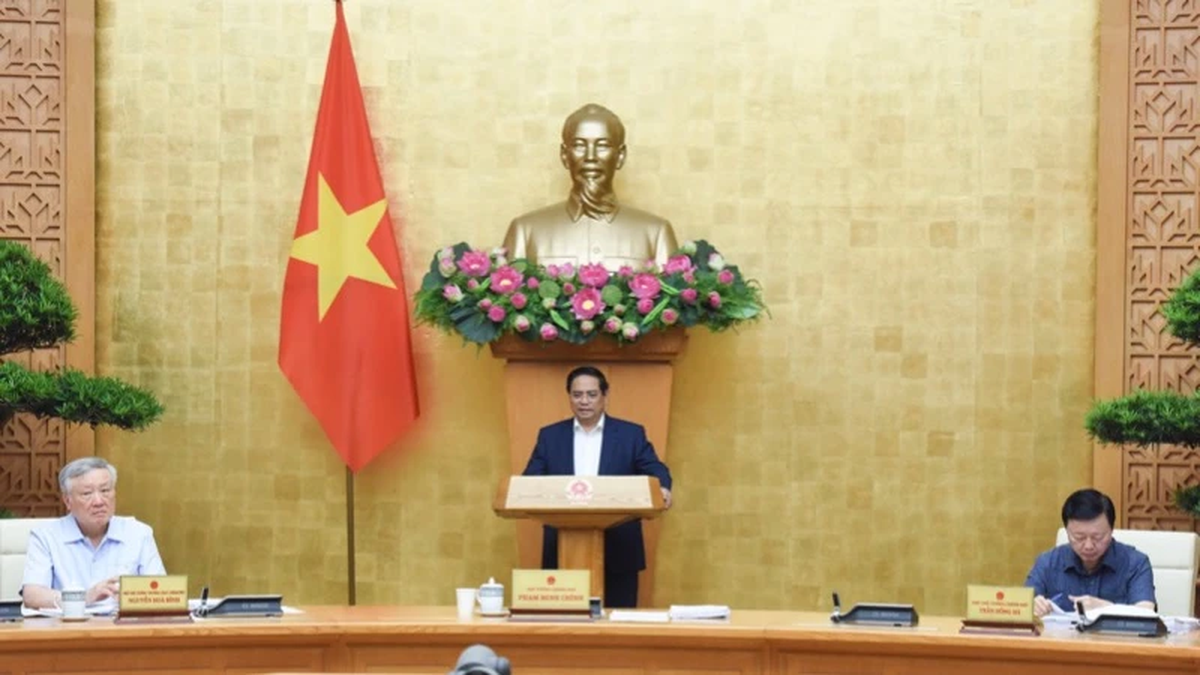

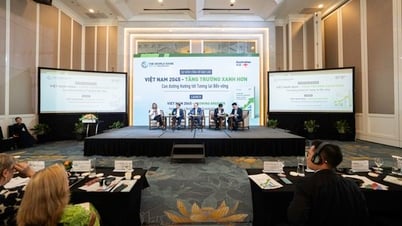
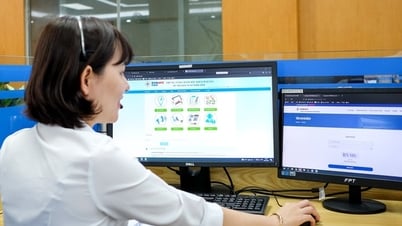
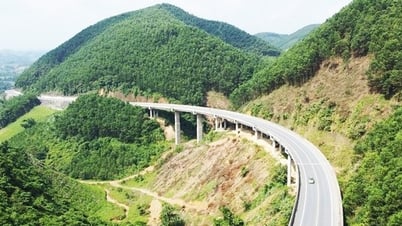
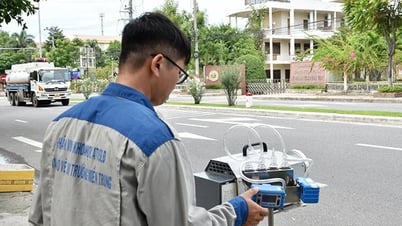

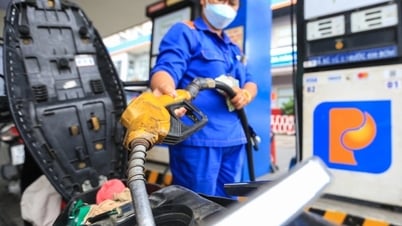
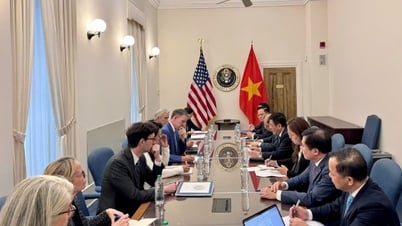




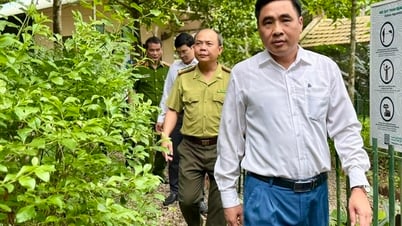

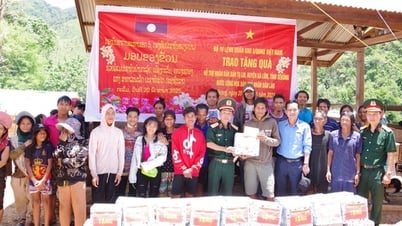
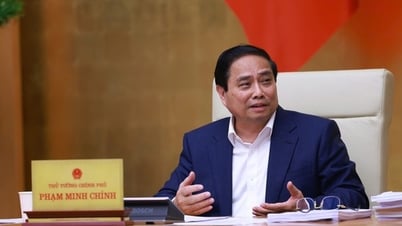

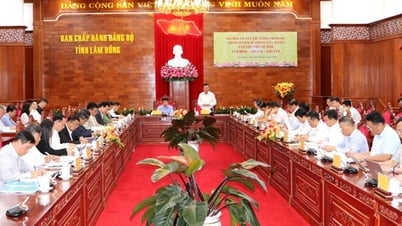







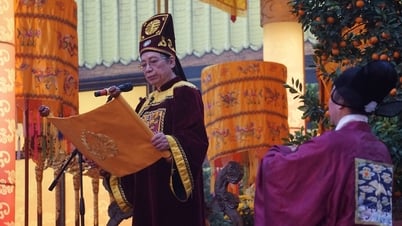


















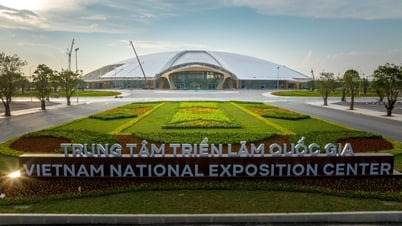

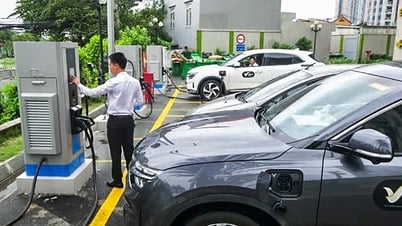
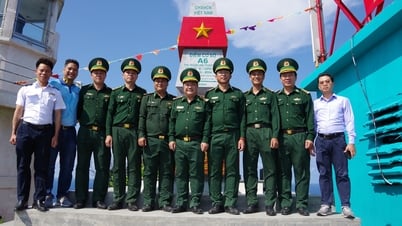







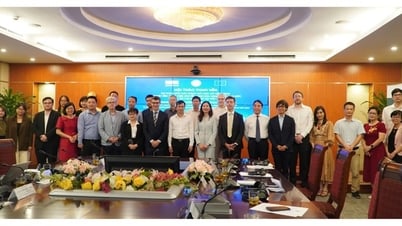

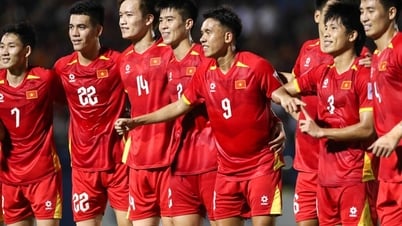

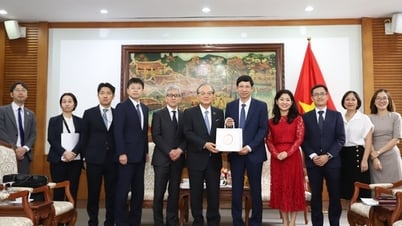
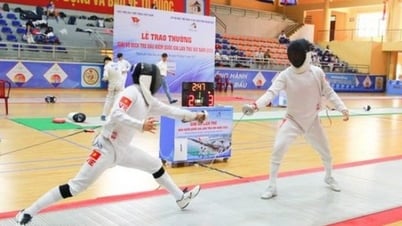
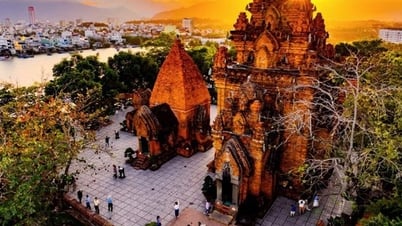

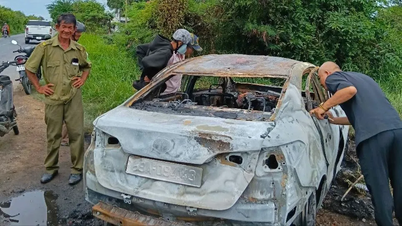

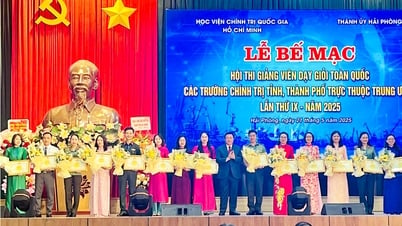



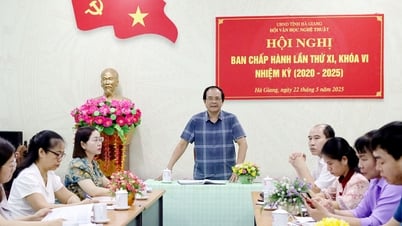
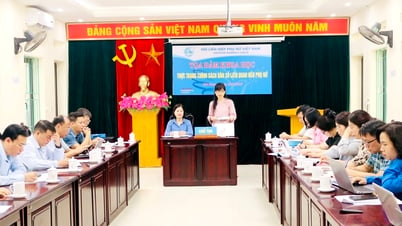
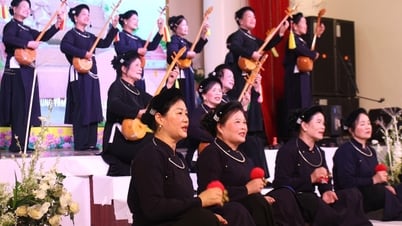

![[Podcast] Week introducing more than 500 OCOP products in Hanoi](https://vphoto.vietnam.vn/thumb/402x226/vietnam/resource/IMAGE/2025/5/22/d144aac2416744718388dbae3260e7fd)





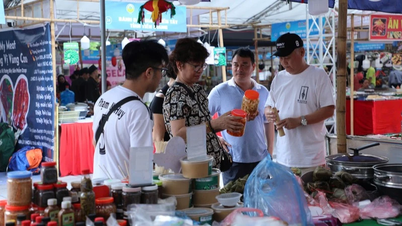
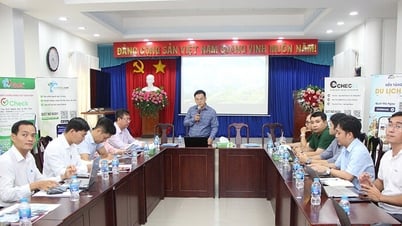

Comment (0)